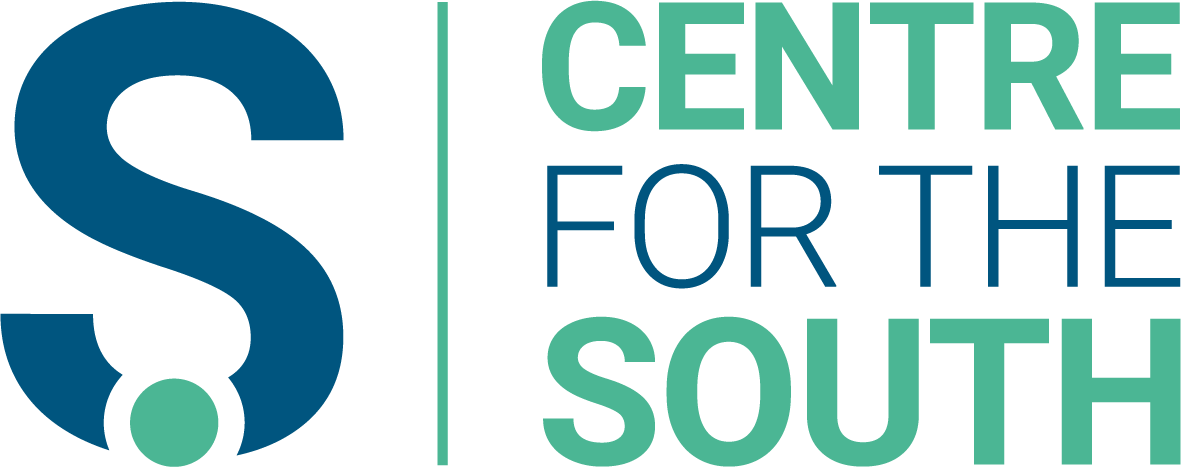Local Stakeholder policy workshop
Led by the University of Portsmouth and supported by the University of Southampton, a policy workshop brought together a wide range of local IOW stakeholders on the 17th July 2023. The workshop used co-creation methodology to explore challenges and opportunities relating to community and environment on the Island, shape collective ideas, and discuss possible short- and long-term projects.
The event hosted 25 participants spanning local authorities, communities, and geography. Dr Tarek Teba (Portsmouth) introduced the workshop with a talk on the LPIP and the four key areas (community, environment, economy, and health), why co-creation is important, and the rationale of focusing on community and the environment in particular. This was followed by a talk from Prof Sarah Turnbull (Portsmouth) who described her work with The Business Boost in the IOW and how this can shape part of a cross-disciplinary approach to local policy development at small- and large-scale interventions.
In three groups, two rounds of co-creation activities were carried out to:
Identify place-based priorities and challenges that face the IOW in relation to the community and environment dimensions;
Envision possible solutions by identifying projects that respond to the IOW challenges in the (a) immediate, (b) short term (5-10 years), and (c) long term (15 years).
The multi-perspective discussions led to possible activities – placements, internships, apprenticeships, networks, small- and large-scale projects – that could begin to address such local challenges, helping to shape the priorities across the region and support impactful and co-produced research, and evidence-informed policy.
Key challenges identified
Tangible and intangible links to the mainland significantly affect different opportunities and sectors within the IOW.
There is an alarming decline of younger generations living and working on the Island, which is interlinked with issues around skills development, education and aspiration.
Certain skills, jobs and professional capacities are very limited on the Island.
Culture and heritage needs to be better understood, accessed and developed, especially between generations.
From an administrative perspective, the central management approach does not positively operate at local levels. The way in which interventions and funding are allocated need to be examined.
Several issues have been highlighted regarding place management and communities’ involvement in planning. Collaboration and involvement between community groups, stakeholders, etc. is lacking, and has impacted on the effectiveness of any development approach.
Priorities on different timescales
On an immediate level, travel, cost and connectivity between the Island and the mainland have been proposed as a main priority. Improvement in this area would enable greater access to educational, cultural and social activities and increase knowledge exchange and skills development. Local bottom-up approaches have been advocated throughout the discussion alongside the importance of identifying small and achievable actions that could generate immediate impact on community and place. For example, local interventions on the High Street can help to promote the social, cultural and economic capacity of town centres using local resources and creative solutions.
In the short term (10-15 years), developing cultural capacity as well as addressing housing problems is essential. Mixed approaches where economic and cultural activities co-exist within housing schemes could be a possible solution. More attention is needed to develop the planning strategies so that they are informed by evidence.
Long term priorities include wider initiatives to build and support cohesive communities and promote tourism in a more constructive way where local initiatives and interventions contribute to the overall tourism aspiration. The group also identified a need for larger transport scheme solutions across water as well as improving critical thinking skills in education.
Finally, a key initiative that has been highlighted is to develop an outreach approach that connects universities to localities in the IOW. Together, UoP, UoS and the IOW can develop projects in collaboration with communities, schools, and businesses. Upskilling outreach programmes across science and technology, the arts and humanities, and the creative sectors could play a crucial role for stimulating the aspirations of young people on the Island.

